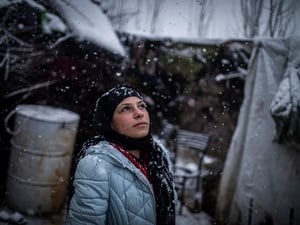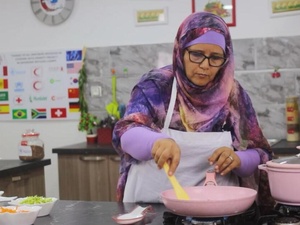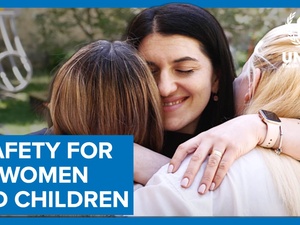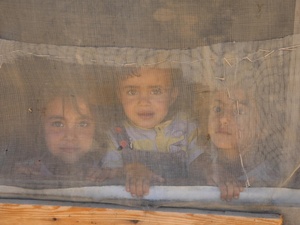Data visualization brings to light COVID-19's threats to forcibly displaced women and children
Data visualization brings to light COVID-19's threats to forcibly displaced women and children
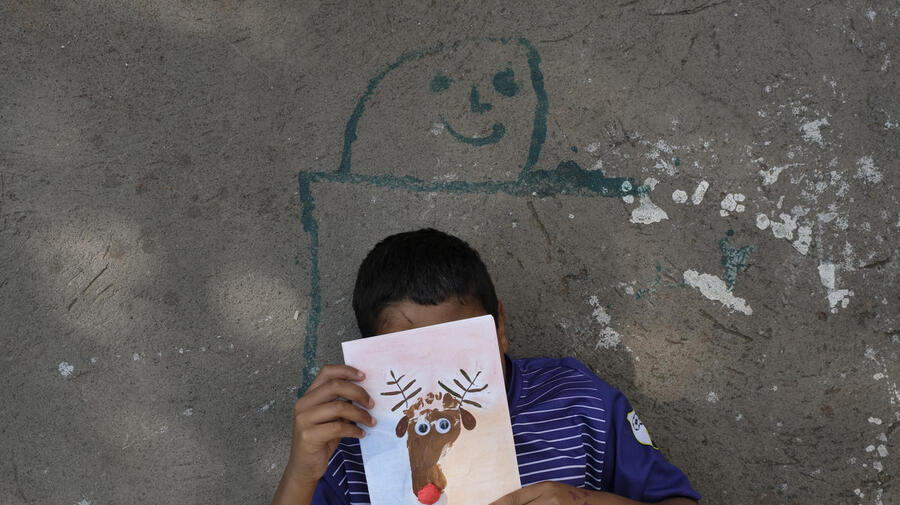
One of the unaccompanied children receiving support at the Solidarity and Action Association (ASA) – a UNHCR partner organisation in Quito, Ecuador.
UNHCR, the UN Refugee Agency, is today releasing a new data visualization, which highlights the devastating impact of the COVID-19 pandemic on the safety and wellbeing of forcibly displaced women and children.
Seventy per cent of all forcibly displaced people worldwide are women and children. Even prior to the pandemic, they were at greater risk of gender-based violence (GBV), child marriage or missing out on opportunities to realize their potential. But, some 18 months into the crisis, it is clear that COVID-19 has rolled back years of incremental gender equality and child protection gains.
Among the issues highlighted in the data visualization, entitled COVID deepens threats for displaced women and children, are:
- Gender-based violence: In internal displacement situations, 96 per cent of the operations monitored by UNHCR noted that gender-based violence was a severe or extreme risk at the end of 2020.
- Family separation: Separation from parents was identified by UNHCR operations in 2020 as the biggest risk to the protection of children globally.
- Disrupted childhoods: Forcibly displaced children have been particularly disadvantaged by the school closures that affected 1.58 billion children and youth globally in 2020.
Despite the challenges associated with the COVID-19 crisis and funding shortfalls, UNHCR continued to provide services for displaced women and children at risk, adapting them as needed. For example:
- In Lebanon, while urgent and high-risk cases of gender-based violence continued to receive in-person support and access to services, UNHCR also provided emergency cash assistance, remote support and psychosocial counselling over the phone.
- In Bangladesh, in places where displaced women lack mobile phones to call hotlines, such as in Cox’s Bazar, refugee volunteers are going door-to-door sharing information with Rohingya refugees on services available for GBV survivors.
- In Mexico, together with UNICEF and IOM, UNHCR developed child-friendly information materials on COVID-19 and supported recreational activities for children during the lockdown.
For more information, visit the data visualization here.
For more information on this topic, please contact:
- In Geneva, Shabia Mantoo, [email protected], +41 79 337 7650


